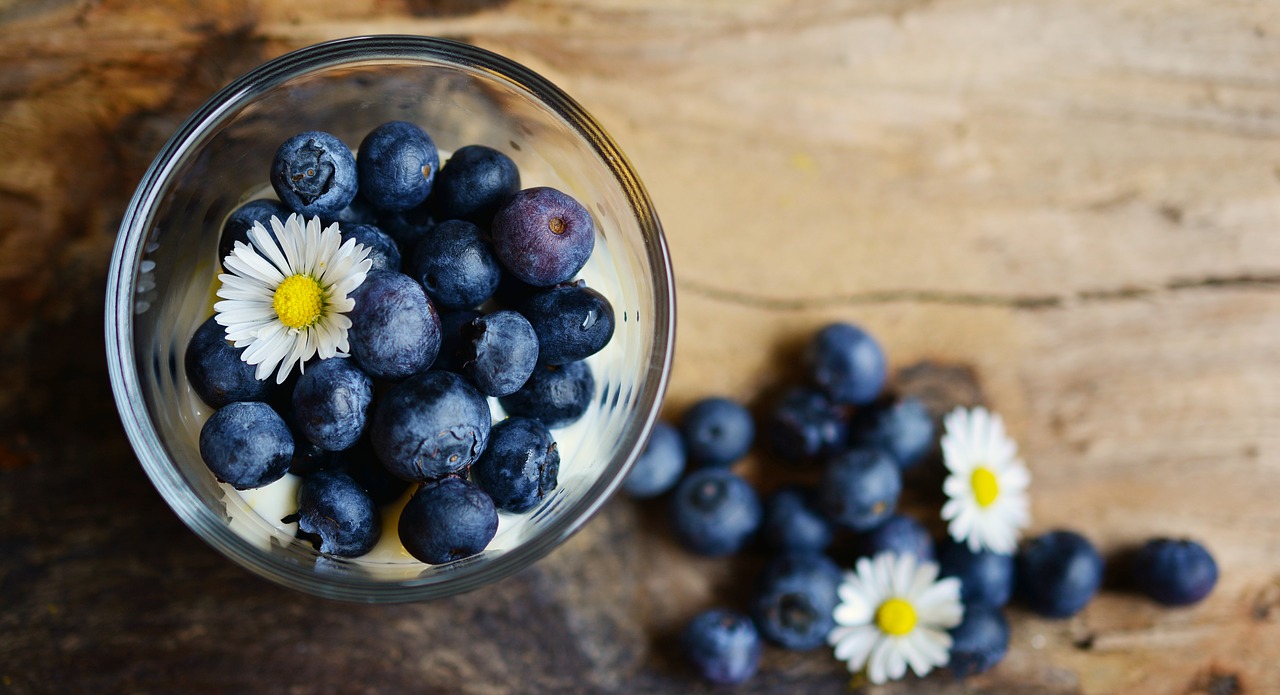Your brain health is arguably the most important part of your self care. As the control centre of your body, it’s in charge of keeping your heart beating and lungs breathing and allowing you to move, feel, and think. That’s why it’s a good idea to keep your brain in peak working condition. The foods you eat play a role in keeping your brain healthy and can improve specific mental tasks, such as memory and concentration.
Fatty fish.
When people talk about brain foods, fatty fish is often at the top of the list. This type of fish includes salmon, trout, albacore tuna, herring, and sardines, all of which are rich sources of omega-3 fatty acids. About 60% of your brain is made of fat, and half of that fat is made up of lots of omega-3 fatty acids. Your brain uses omega-3s to build brain and nerve cells, and these fats are essential for learning and memory. Omega-3s also offer several additional benefits for your brain. For one thing, they may slow age-related mental decline and help ward off Alzheimer’s disease. Some research also suggests that people who eat fish regularly tend to have more grey matter in their brains. Grey matter contains most of the nerve cells that control decision making, memory, and emotion.
Coffee.
If coffee is the highlight of your morning, you’ll be glad to hear that it’s good for you. Two main components in coffee, caffeine and antioxidants, can help support brain health. The caffeine found in coffee has a number of positive effects on the brain, including:
- Increased alertness. Caffeine keeps your brain alert by blocking adenosine, a chemical messenger that makes you feel sleepy.
- Improved mood. Caffeine may also boost some of your “feel-good” neurotransmitters, such as dopamine.
- Sharpened concentration. One study found that caffeine consumption led to short-term improvements in attention and alertness in participants completing a cognition test.
Drinking coffee over the long-term is also linked to a reduced risk of neurological diseases, such as Parkinson’s and Alzheimer’s. The largest risk reduction was seen in those adults who consume 3-4 cups daily.
Blueberries.
Blueberries provide numerous health benefits, including some that are specifically for your brain. Blueberries and other deeply colored berries deliver anthocyanins, a group of plant compounds with anti-inflammatory and antioxidant effects. Antioxidants act against both oxidative stress and inflammation, conditions that can contribute to brain ageing and neurodegenerative diseases. Some of the antioxidants in blueberries have been found to accumulate in the brain and help improve communication between brain cells. According to one review of 11 studies, blueberries could help improve memory and certain cognitive processes in children and older adults.
Dark chocolate.
Dark chocolate and cocoa powder are packed with a few brain-boosting compounds, including flavonoids, caffeine, and antioxidants. Dark chocolate has a 70% or greater cocoa content. These benefits are not seen with regular milk chocolate, which contains between 10–50% cocoa. The flavonoids in chocolate gather in the areas of the brain that deal with learning and memory. Researchers believe that these compounds may enhance memory and also help slow down age-related mental decline.
Improve your eating habits and you’ll see rapid changes in your memory, focus and ability to problem solve. Feed your brain well to get it to top working condition.




